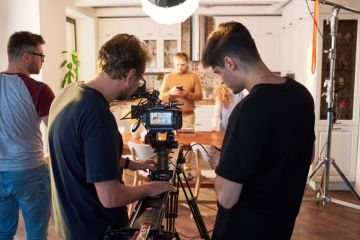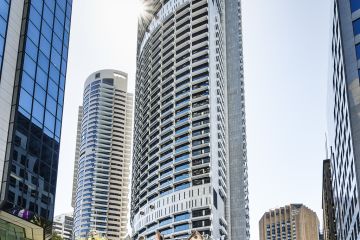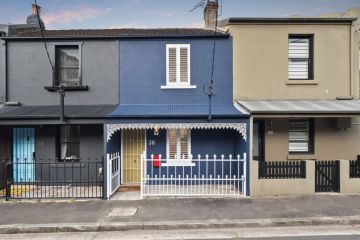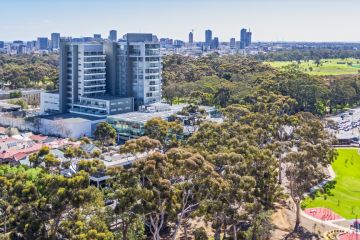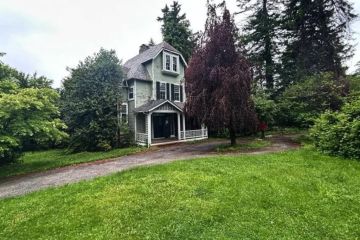Resilience experts help students tackle a whole new world
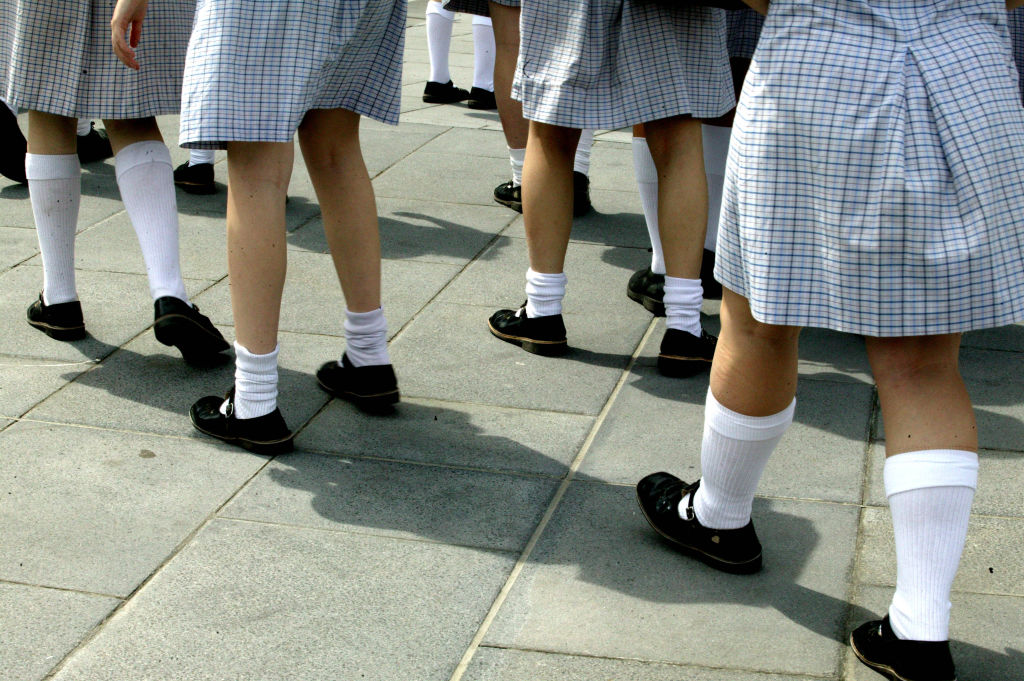
The catastrophic events of the Australian summer illuminated the uncertainty experienced by young people already grappling with challenges that are unique to their generation. Self-evidently, parents in this age of rapid change are regularly asked to navigate uncharted waters, too.
Fortunately, schools have become increasingly proactive in the social justice space – not only in broadening students’ horizons, but in guiding parents through a landscape that can feel like a desert in which answers are as scarce as water.
At Korowa Anglican Girls’ School in Glen Iris, regular Pop-up Parenting sessions tackle issues ranging from the topical – the trauma of the bushfires or the unknowns of coronavirus, for example – to more niche concerns.
Keynote speakers are enlisted, and wellbeing staff engaged to help give parents practical tools for having important conversations with their children. A “don’t plan too far ahead” approach allows scope to react to specific needs as they arise.
“We try to put in place approaches that are designed to help the girls with managing their own resilience and building the capacity to be a person of good character,” Korowa’s deputy principal student wellbeing Kellie Lyneham says. “Obviously that’s designed to support them, but also to help the parents to be able to work with their girls.”
Korowa’s educational and development psychologist Michelle Andrews-Luke, who has written a guide called Calm Parenting, offers sessions at times tailored to suit all – mornings, afternoons leading into school pick-up time, evenings – while the school newsletter regularly provides links to SchoolTV, an online resource that gives parents information and practical strategies.

Dannielle Miller is an expert in fostering resilience in teens who recently presented at Korowa. Through Enlighten Education, which she founded 17 years ago, her team works with around 20,000 teenagers each year. Miller speaks to groups of parents weekly.
She is certain there has never been a generation of parents who are more conscious of their role, and who largely share their children’s trepidation about an increasingly complex world.
“The keys are connection – trying to make a time and space to have that relationship, not to think it will just tick along without you being an active participant,” Miller says. “To listen, not just talk at.
“It can be illuminating and inspiring to take that opportunity to really sit and listen and learn, and not assume that we know everything. Because we really don’t – particularly about this new world.”
Through programs she has engineered such as Walk The Talk, which builds awareness of domestic violence and women’s homelessness, and The School Toilet Project, Miller has been heartened by the enormous capacity and willingness of young people to make positive change.
“You can throw some of the most complex, dark social issues, and if you engage them the right way they’re up for the challenge of being part of the solution.”
Much of Miller’s work with parents is “preaching to the converted”, those who are already well connected with their children. Others who are in crisis need support, not to feel like they’re being judged or shamed.
“When parents aren’t necessarily doing the best job, it’s not because they are crap parents, it’s because they’re struggling. When we know better, we do better.”
At Korowa, the drive that Lyneham sees in girls to engage with social justice fills her with optimism.
“There’s a great sense that they want to go out into the world and make sure this negative future doesn’t happen,” she says.
“They have this innate desire to be positive about the future.”
We recommend
States
Capital Cities
Capital Cities - Rentals
Popular Areas
Allhomes
More
- © 2025, CoStar Group Inc.
